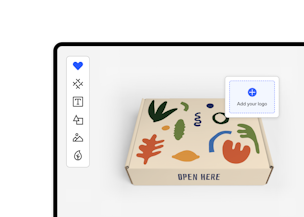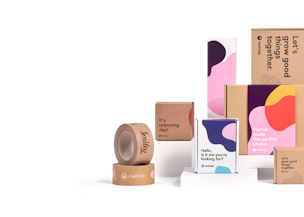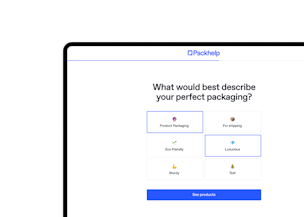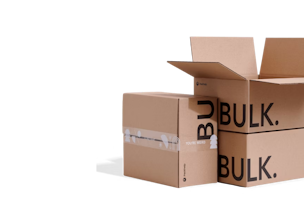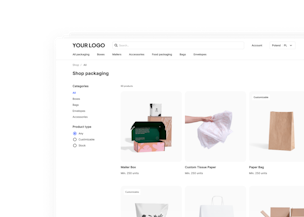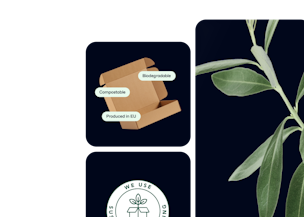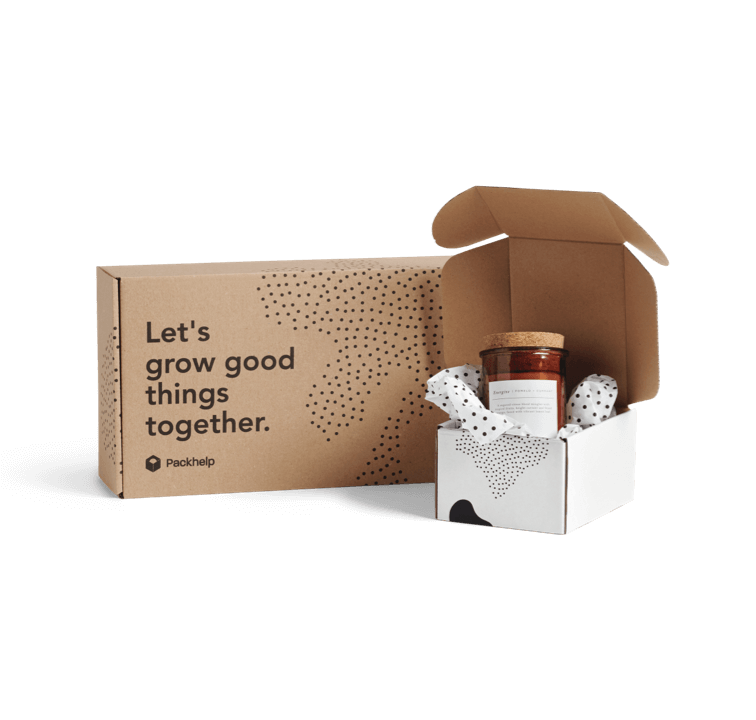What Does Frustration Free Packaging Mean?

Subscribe to stay updated
You're now subscribed!

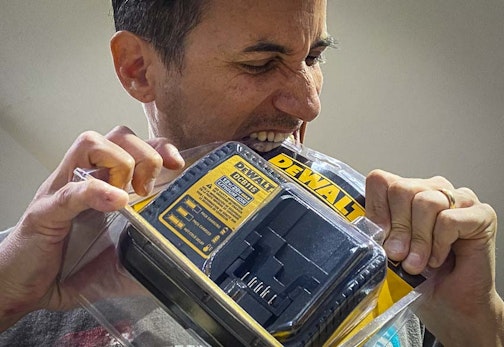
There's nothing quite like buying a pretty mundane, everyday product and having to fight with the packaging just to get it open.
That frustration hits equally as hard when you receive a package in the mail that's disgustingly oversized for the product you contained.
This is why the problem of wrap rage and the solution of frustration-free packaging have become more popular with the rise of ecommerce.
What does frustration-free packaging mean?
Frustration-free packaging comes in two forms:
- Amazon's program to minimise excess packaging waste
- Packaging that's designed to be easy to open, use, reuse and dispose of
Amazon's frustration-free packaging
Since 2019, Amazon has encouraged sellers to use their frustration-free packaging program.
Companies that distribute their products through Amazon can meet certain criteria and then have their products sent to Amazon customers in the least amount of packaging possible.

The program aims to ensure that the packaging:
- Can be sent from its system without the need to add additional packaging
- is easy to open
- uses sustainable or recyclable materials.
Frustration-free in design
Through good design, any packaging can be made to be safe, and secure, but also easy to open, reuse and dispose of.

Packaging that's sealed closed, hard to open or simply poorly designed is known to induce 'wrap rage'.
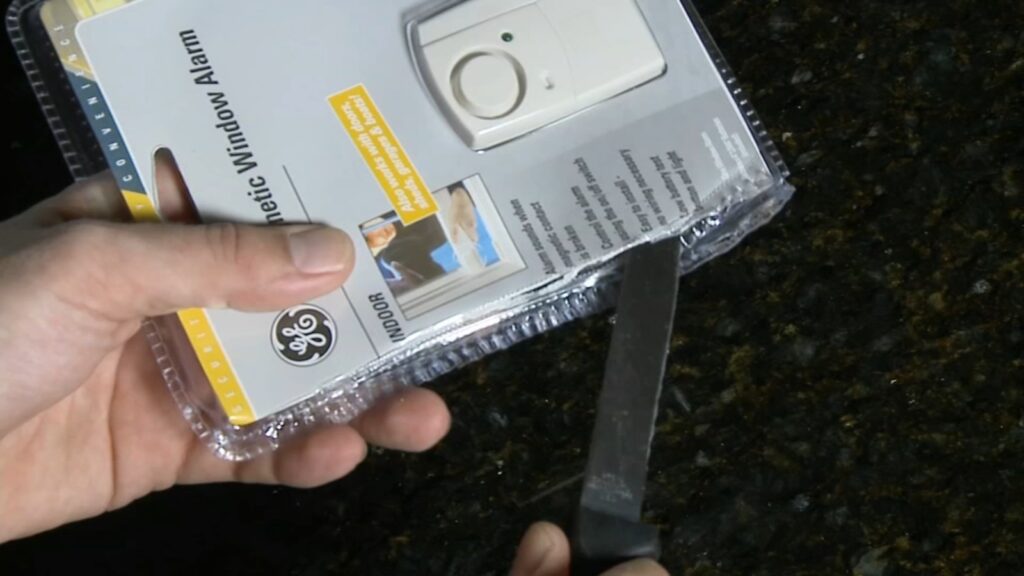
Amazon's frustration-free program
This article documents a customer's experience in buying a branded product that comes in Amazon's frustration-free packaging.
Below is how the product is intended to be packaged and sold:

But Amazon's frustration-free packaging sees the product arrive like this:

With the contents looking like this:

Packaging that's engineered like this has many advantages.
To implement such a solution, you must work with a packaging engineer and design a packaging solution that meets the ISTA 6-Amazon.com protocol.
The trade-off is that you sacrifice any chance of building an unboxing experience
It's this reason that sees Amazon's frustration-free packaging program aimed at brands reselling products made by other companies, and larger companies themselves.
Good packaging design avoids frustration
Good packaging design is the key to implementing packaging that doesn't infuriate your customers.
For example, e-commerce packaging with a peel-and-seal strip.

Take a look at Packhelp's delivery mailer box
This simple adhesive strip makes it easier to close the box, but also incredibly easy to open. Just find the small red tab and pull it to open.
Many types of ecommerce brands are now seeing the benefit of implementing mailing boxes that have two peel-and-seal strips, owning to the frequency of returning items.
The second strip can easily be used by the customer to reseal the box and send a defective or unwanted item back.
Frustration-free in more than just opening
Frustration-free packaging doesn't refer to just how easy it is to open. There are other aspects that play just as important a role.
Despite its frustration-free packaging program, Amazon still has a reputation for sending products in hilariously oversized boxes, with insane amounts of void filler to fill the empty space.

Such careless waste of packaging materials adds to the frustration of a customer in having to dispose of it.
Packaging materials are also essential. Recyclable packaging materials like cardboard helps show that you care for the environment.
80% of Millenials and Gen Z consumers are willing to change their minds about a company if they don't offer sustainable packaging.
Sending your products in plastic packaging or other materials that can't be reused or recycled will harm your rapport with customers.
Reducing wrap rage
Here are a few tips to help you create less wasteful but also easier packaging in your business:
Open it yourself
Once you think you're done with your packaging design, try opening it and disposing of it yourself without the help of other tools like scissors or knives.
Letterbox tests
Customers get frustrated if they have to wait for a second delivery attempt. Try to make your packaging suitable to fit through a door letterbox, or in a mailbox.

Less is more
If you need to fill up empty space with void fill, your packaging is too big.
If you can't make the box itself smaller, consider using a packaging insert to lower your reliance on void fill and keep your packaging made of a single material.

Explain the process
If you can't redesign your packaging from the ground up, use the empty space on the outside of your packaging to explain how to open it easily.
Conclusion
Packaging is the first touchpoint between you and your customers.
It's imperative that you spend the time and ensure that your packaging isn't a source of frustration for your customers.
Take a look at Packhelp's range of entirely customisable and easy to use packaging supplies.
Our packaging engineers are on hand to help you design something specifically for your brand and your purpose, entirely from the ground up.
